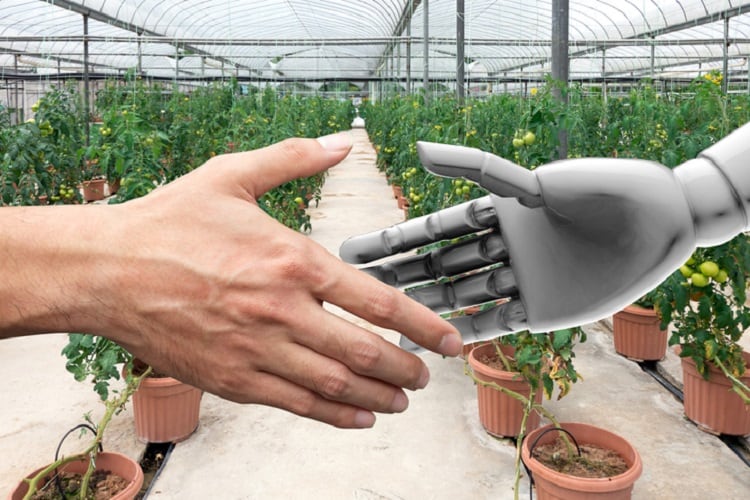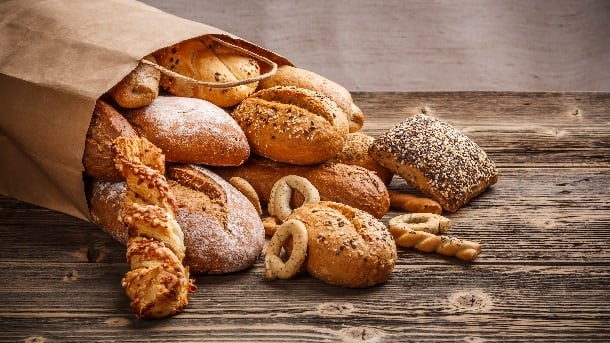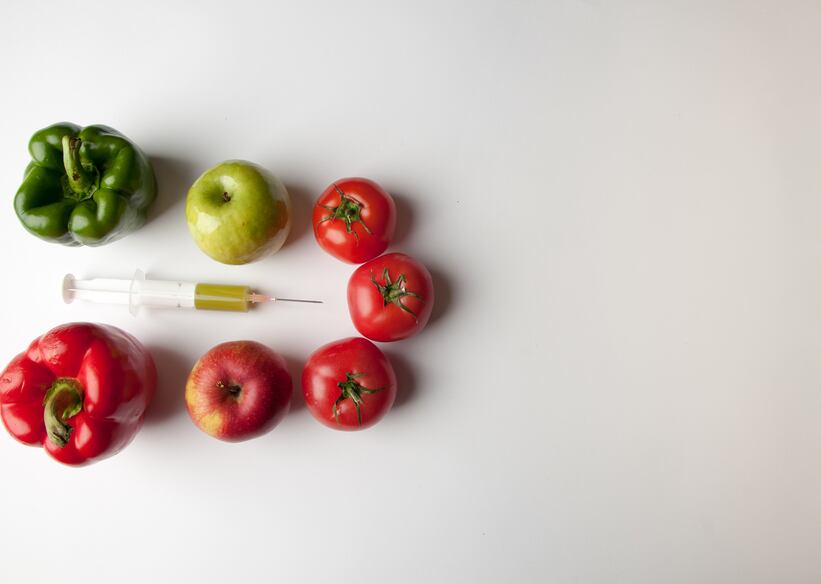Industry is on the verge of a food production revolution, UK secretary of state for environment, food and rural affairs, Michael Gove, told delegates at the Oxford Farming Conference yesterday (January 3).
And according to Gove, the timing couldn’t be better for the UK farming industry: “In 2016 and 2017, more than half of the UK’s farms earned less than £20,000, and a fifth made no profit at all.”
Embracing a fourth agricultural revolution post-Brexit could help the UK to alleviate poverty and scarcity, replenish its stores of natural capital, and secure investment to tackle waste, pollution and emissions, he said.
The UK’s withdrawal from the European Union (EU) will help local farmers and food producers “escape from the bureaucratic straitjacket” of the Union’s Common Agricultural Policy (CAP) and access technologies the EU is “turning its back on”, he continued.
So just what does a fourth agricultural revolution entail?
Technological advances
In the next agricultural revolution, technological developments, such as artificial intelligence, the analysis of big data, drone development, machine learning, and robotics will allow us to improve productivity on traditionally farmed land, Gove told delegates.
“Not least by reducing the need for labour, minimalizing the imprint of vehicles on soil, applying inputs overall more precisely, adjusting cultivation techniques ore sensitively, and therefore using far fewer natural resource – whether carbon, nitrogen, or water – in order to maximise growth.”
The secretary also flagged data analytics, which together with advancements in sensor technologies, can monitor the health of livestock and develop optimal environmental conditions for animals.
The can help to “get their nutrition right, safeguard their welfare, and improve both dairy and meat production,” he added.
Gene editing
In June last year, the European Court of Justice (ECJ) ruled that crops obtained by mutagenesis – a technique that genetically alters the material of a plant – are to be classified as GMOs.
Gene edited plant and crop varieties, modified using methods known as new plant breeding techniques (NPBTs), for example, can help plant and crop varieties produce higher yields.
CRISPR-Cas editing technology has received significant attention in the agricultural sector, for its ability to help scientists make cuts at specific locations in a plant genome that introduce precise changes to facilitate crop breeding.
As a result of leaving the EU and its strict policies controlling the use of genetically modified crops and animals, the UK could open up to opportunities in gene editing, Gove suggested.
“The ability of giving Mother Nature a helping hand by driving the process of evolution at higher speed should allow us to develop plant varieties and crops which are more resistance to disease and pests and less reliant on chemical protection and chemical fertiliser.”
Farming advances
In a future that comprises vertical farming and innovative manufacturing techniques for alternative proteins, industry can minimise the land used for food production, said Gove.
“With vegetables growing in temperature-, moisture- and nutrition-controlled indoor environments, we can guarantee improvements in yield while at the same time limiting environmental externalities.”
Departure from the EU also presents an opportunity for hydroponic and vertical farm producers to attain organic status. Under current EU law, organic farming is ‘based on the soil’, which disqualifies these soil free systems from organic certification.
In addition, the fourth revolution may see animal products, from gelatine and egg whites, to milk and even meat, made in labs, Gove continued.
Challenges
Such technological advancements come with their own set of challenges, Gove explained, highlighting the significant capital required to invest in precision technology, robotics, and data analytics.
Gene editing also poses important ethical questions, and the energy required to maintain vertical farming systems can be costly and carbon-intensive, he told delegates, adding that despite these challenges, “No change is not an option.”
“Reform is vital to modernise the sector and to capitalise on technological advances.”





